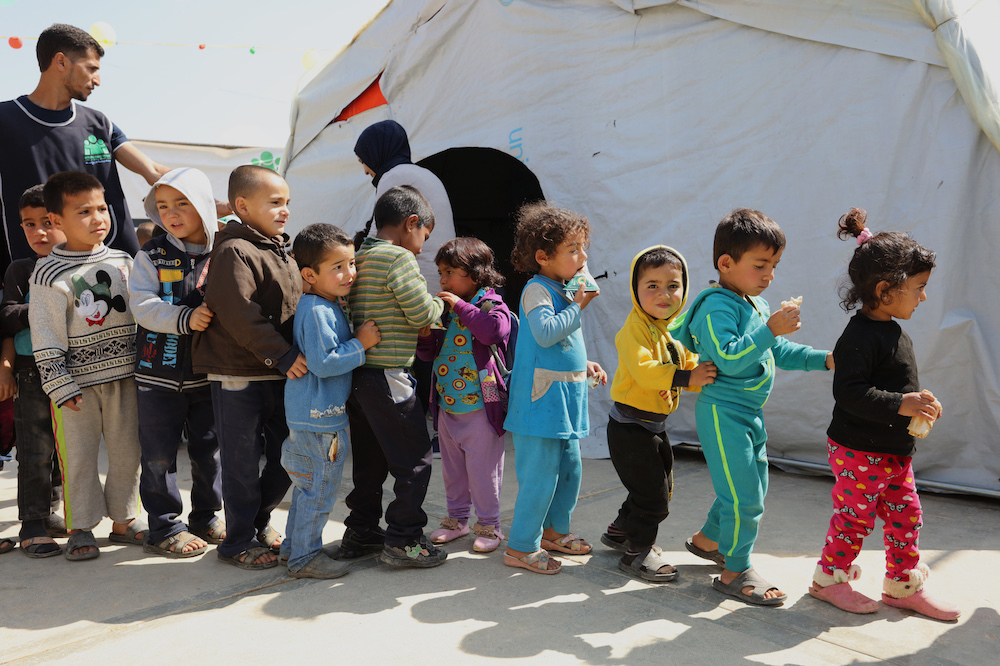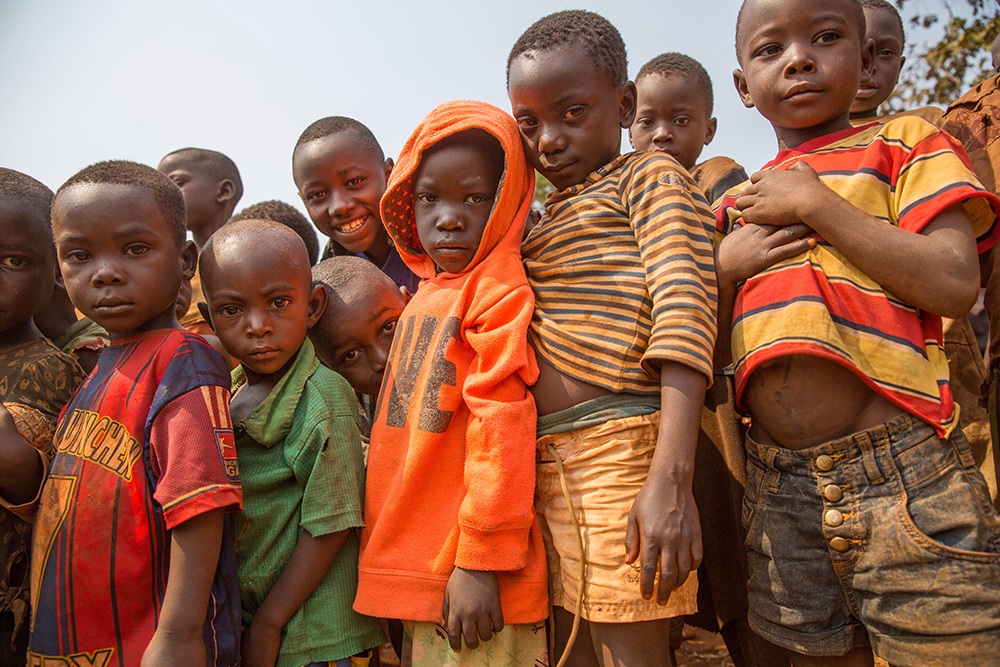
Countries urged to invest in young children who risk being left behind

Child nutrition (Early years), Early childhood development, Learning through play (Early years), Right to education

The Nurturing Care Framework for Early Childhood Development has been launched as part of a growing global movement.
Every child in the world deserves a great start in life. With 80% of the brain grown by the age of three, it’s crucial they get access to quality early care to survive and thrive.
But more than 40% of young children in developing countries are at risk of not fulfilling their potential because of poverty and neglect.
Major international organisations teamed up yesterday to launch the Nurturing Care Framework for Early Childhood Development. They called for action to help those communities where children are most at risk of being left behind.
“The period from pregnancy to age three is key for a child’s development. That’s when the brain grows fastest,” said World Health Organization (WHO) Director-General Dr Tedros Adhanom Ghebreyesus.

Early childhood development
“That’s why young children need a safe, secure and loving environment, with the right nutrition and stimulation from their parents or caregivers.”
The Nurturing Care Framework was described as an “evidence-based roadmap for action”. It is part of a growing movement to ensure early childhood development (ECD) and pre-primary education are prioritised across the world.
It is made up of the WHO, UNICEF and the World Bank Group, in collaboration with the Partnership for Maternal, Newborn and Child Health, the Early Childhood Development Action Network and many other partners.
Launched at the World Health Assembly in Geneva, its members said investing in ECD is one of the best things any country can do to boost economic growth, promote peaceful and sustainable societies, and eliminate extreme poverty and inequality.
The framework said that to reach their full potential children need nurturing care – the conditions that promote health, nutrition, security and safety, responsive caregiving and opportunities for early learning.

The Nurturing Care Framework will support countries to come up with national milestones (© UNICEF / Beechey)
It called for effective national programmes, driven by sustained political commitment and a determination to reduce inequity, poverty and social injustice.
Countries will now take the lead in working towards national milestones to 2023, supported by the members of the Nurturing Care Framework.
UNICEF Deputy Programme Director Vidhya Ganesh said: “A child’s early environment and experiences have a direct and long-term impact on the way the brain is structured – influencing their present and future cognitive, emotional and social development, and their overall health and wellbeing.
“When we invest in the earliest years of children’s lives – through health, social and education programmes that help parents provide their young with nurturing care – we all benefit.”
Annette Dixon, Vice President for Human Development at the World Bank Group, said: “Investing in quality ECD interventions also makes economic sense – every $1 invested in it can yield between $6 and $17 in returns.”
Theirworld’s #5for5 campaign and our work on early childhood development is supported by the Conrad N. Hilton Foundation.
More news

MyBestStart programme gives young girls the education they deserve
